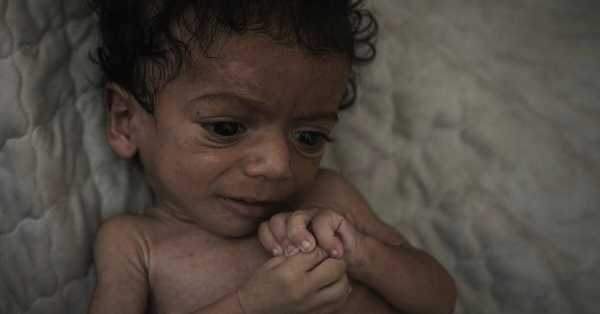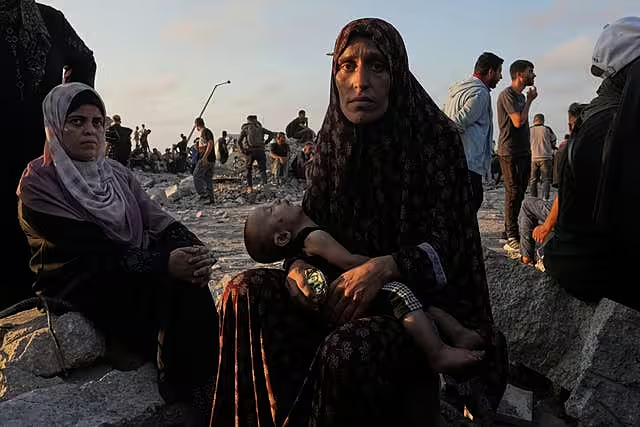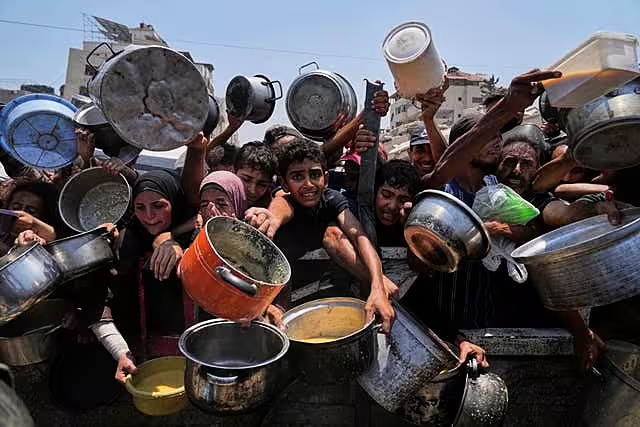
An international food security authority has declared that the Gaza capital region is facing a mass famine that could engulf the entire territory without a ceasefire and restrictions on humanitarian supplies.
According to the IPC analysis, a catastrophic situation has been recorded in the city of the same name, where hundreds of thousands of Palestinians live. Experts predict that the famine zone will expand by the end of next month to southern areas, including Deir el-Balah and Khan Younis.
The organization's decision followed months of warnings from humanitarian agencies that Israeli restrictions on food supplies and military operations had caused catastrophic nutritional shortages among civilians, especially children.
Official Tel Aviv has denied the IPC's findings. Prime Minister Benjamin Netanyahu described the report as a “cynical falsification.”
The conclusion, the first official acknowledgement of famine in the Middle East by the IPC, will strengthen global demands for an end to the conflict that has been ongoing since the October 7 attacks by Hamas.
Israeli authorities have announced an intensification of hostilities, including an assault on Gaza City and the elimination of strategic Hamas positions, which analysts say will worsen the humanitarian collapse.
According to the IPC, the blockade of humanitarian corridors and military operations have triggered mass displacement, destruction of agricultural infrastructure and critical levels of hunger after 22 months of conflict.
The report shows that over 500,000 residents of the enclave (25% of the population) are experiencing a phase of catastrophic famine, leading to deaths from malnutrition.
Although the IPC warned of a “worst humanitarian scenario” a month ago, the official classification has only now been approved.
Netanyahu continues to deny the existence of a famine, calling such claims “Hamas disinformation.”

After the release of data on children dying from malnutrition, Israel promised to expand humanitarian corridors. However, according to UN and local assessments, the volume of incoming aid remains critically insufficient.
The army's humanitarian aid agency, COGAT, rejected the IPC's findings in a statement on Friday, calling them “biased and misleading.”
COGAT stressed that there were no confirmed cases of famine and pointed to an “unprecedented increase” in aid volumes in recent weeks.

The Israeli Foreign Ministry called the IPC report a “propaganda tool” on social media, claiming that over 100,000 trucks of aid, including food, had been delivered to the enclave during the conflict.
“The rise in child mortality from hunger is a direct consequence of Israel's strategy of using the blockade as a pressure tool,” said crisis analyst Chris Newton.
In his opinion, plans for escalation in Gaza against the backdrop of confirmed famine demonstrate “the planned nature of the humanitarian catastrophe.”
Netanyahu insists that military action is necessary to free the hostages and completely neutralize Hamas.
Sourse: breakingnews.ie






